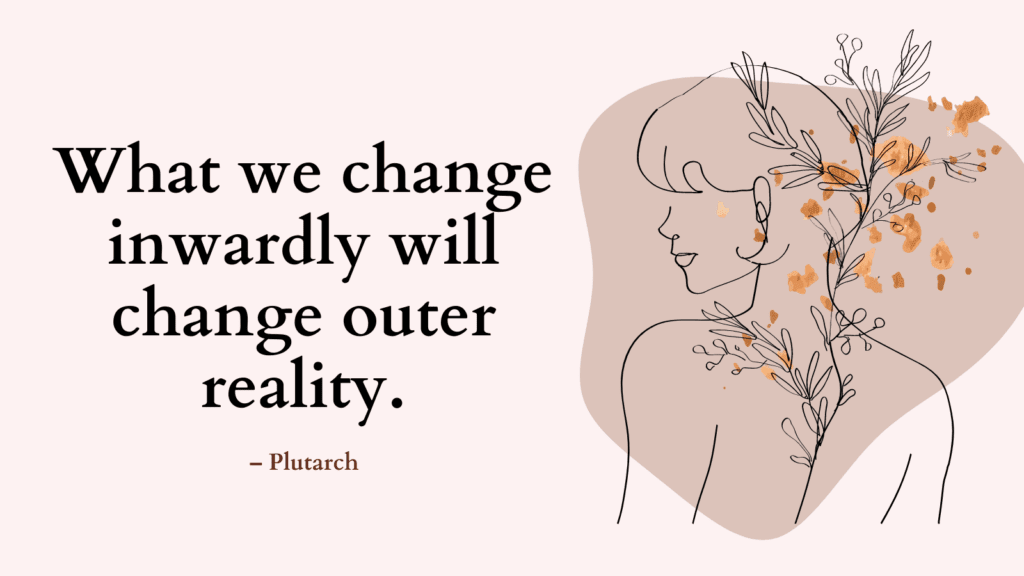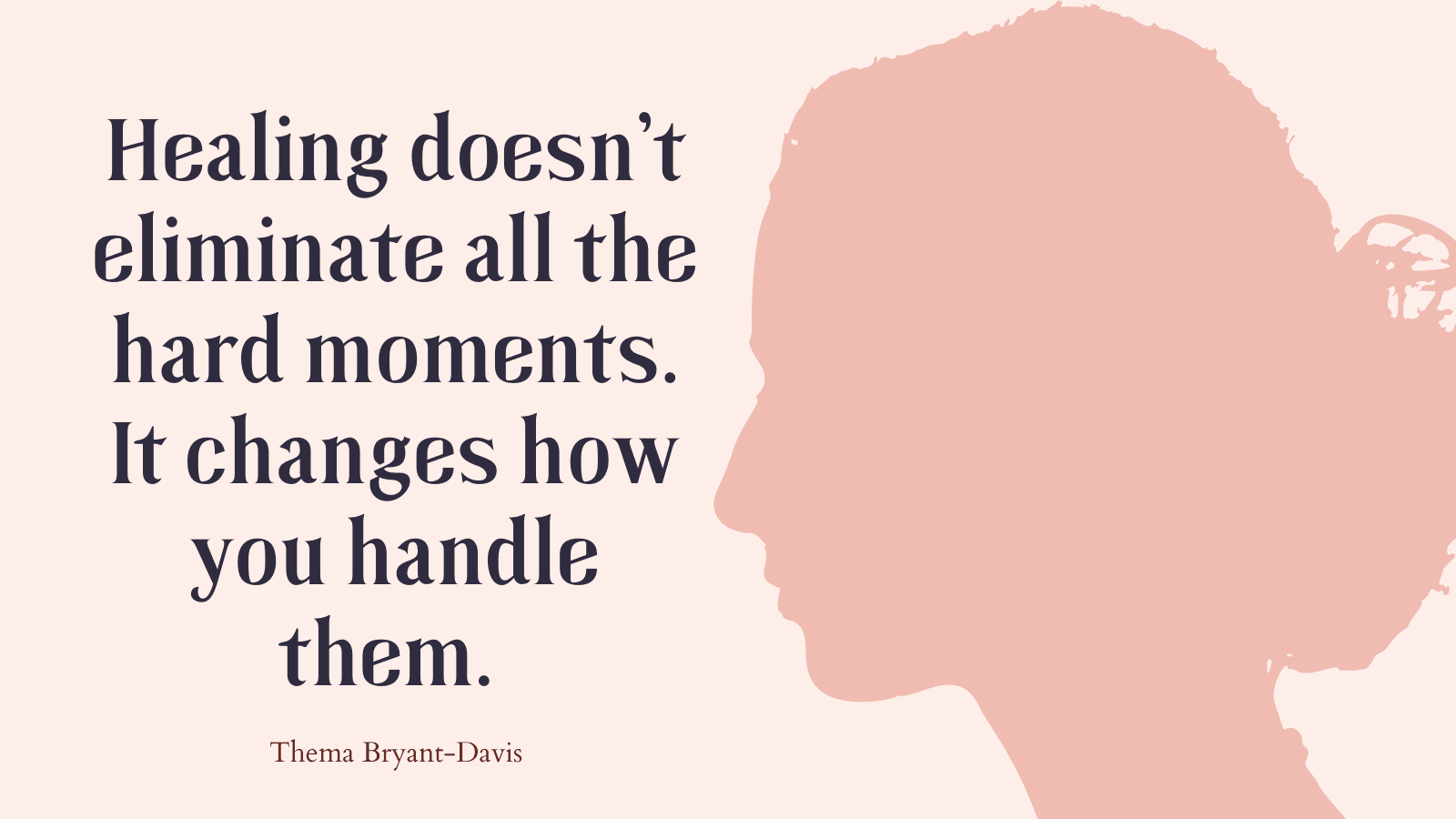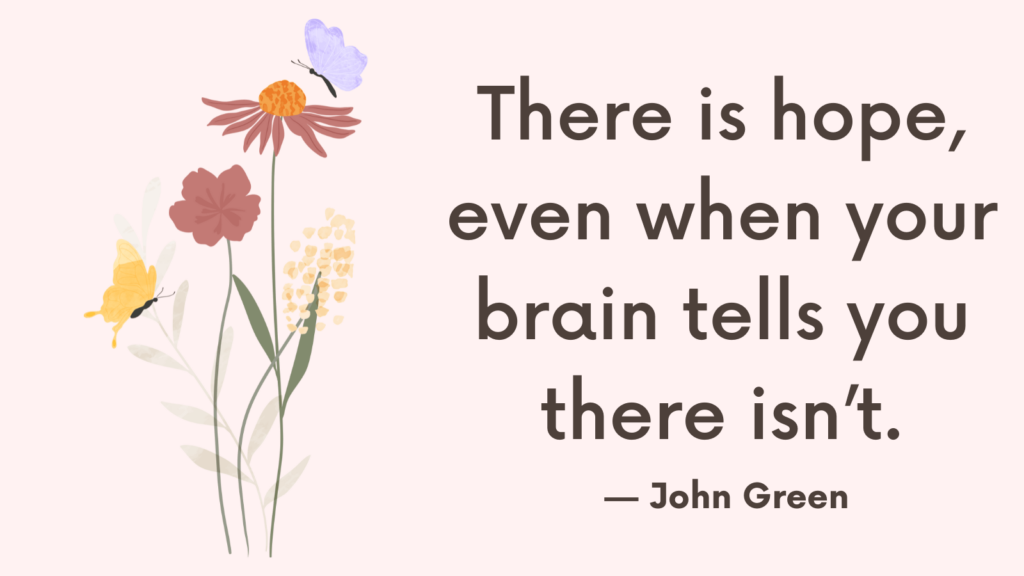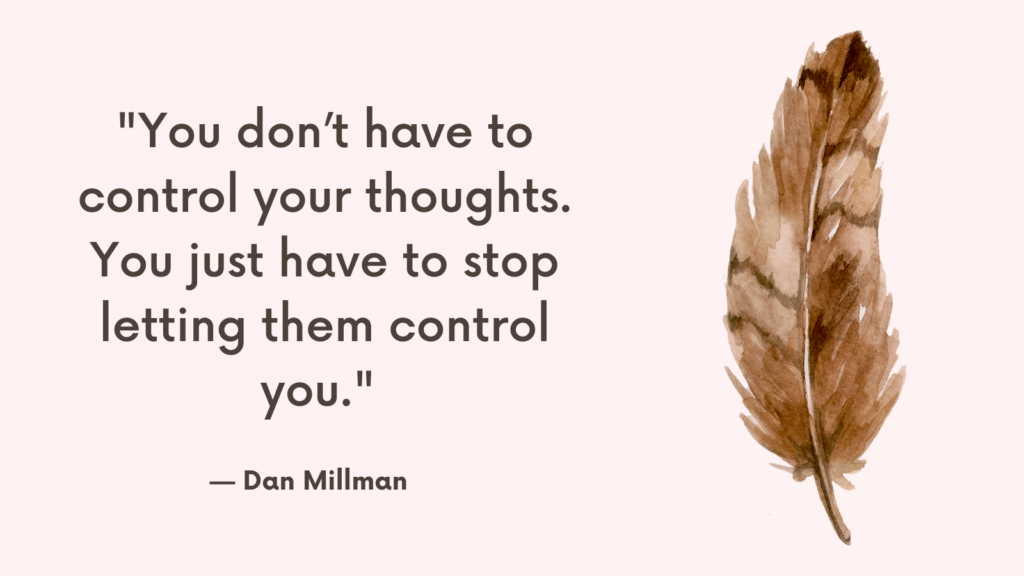This post contains top 5 signs of lack of self-awareness and how to increase self-awareness.
What Is Self-Awareness?
Self-awareness refers to having a deep understanding of one’s emotions, thoughts, beliefs, strengths, weaknesses, needs, and drives.
Self-awareness is the main component of emotional intelligence.
People with strong self-awareness are honest—with themselves and with others.
They recognize how their internal experiences affect them and other people. Thus a self-aware person can work with a demanding client: he can understand how the client is impacting his mood and is capable of managing his frustration efficiently.
Related: Self-Abandonment: What Is It & How To Get Back In Touch With Yourself
5 Signs You Lack Self-Awareness
1. You Tend To Overreact To Situations
When we lack self-awareness, we tend to react impulsively and our reactions tend to be out of proportion to the situation at hand.
Often, our reactions are triggered by something else more deeply rooted than the present situation, such as traumatic past events or unaddressed issues.
Related: Best 99 Coping Skills (+FREE Coping Worksheets)
2. You Feel Numb
You may feel sense of emptiness or find that you don’t enjoy things anymore that used to bring you pleasure.
This is usually happens when we use distractions or addictions to cope with negative feelings.
Since we can’t selectively numb our emotions, we end up numbing positive ones, too.
Related: How To Feel Your Feelings & Sit With Painful Emotions? (Top 9 Difficult Emotions)
3. You Get Defensive When You Receive Feedback
When we’re not self-aware and honest with ourselves, we tend to reject others who are trying to be honest with us and give us feedback.
This defensiveness may take the form of lashing out, making excuses, changing the subject, shifting the blame, etc.
4. You Self-Sabotage
“Until you make the unconscious conscious, it will direct your life and you will call it fate.” – C.G. Jung
When we attempt to suppress or avoid negative feelings and thoughts, we unconsciously develop self-protection strategies or defense mechanisms that are self-sabotaging.
For example, if an individual believes that they’re “unlovable,” they’ll unknowingly do whatever they can to:
(1) invalidate this belief through self-sabotaging behaviors, such as people-pleasing or,
(2) confirm it by repeatedly selecting incompatible partners, or behaving so erratically that they become unbearable to be with.
Related: Inner Teenager Healing: 14 Proven Exercises to Heal Your Inner Teenager
5. You Repeatedly Regret Your Decisions
Self-awareness helps us consider our needs and values when making decisions or setting goals.
This reduces the chances that we may regret our decisions.
Self-awareness also helps us learn from our mistakes, which reduces the chances that we may repeat them in the future.
Related: How To Make Peace With Your Past Mistakes Today and Never Repeat Them?
What Causes Lack Of Self-Awareness?
1. Denial
Denial shields us from negative emotions. It keeps us blind to the things we don’t feel ready to handle.
A little bit of denial can be beneficial. However, because it’s an unconscious reaction, it has a way of sticking around longer than it needs to, which.
Related: How To Step Out Of Denial? Top 10 Steps To Overcome Denial When The Truth Is Heartbreaking
2. Fear of Emotions
For many people, emotions are overwhelming.
This is especially the case if someone has been through traumatic experiences or is out touch with themselves.
If you tend to avoid, suppress, or numb your emotions, you may worry that your emotions won’t pass or that they’ll intensify.
Although counterintuitive, the only way to reduce the intensity of an emotion is by allowing yourself to feel it and sit with it.
Related: Top 21 Emotional Writing Prompts To Process Emotions
3. Lack of Tools
Self-awareness is a skill we learn.
We learn to pay attention to our internal experiences and reflect on them.
If growing up, your parents didn’t ask you “How do you feel, right now?” or “What do you need, right now?” you may have never thought about checking in with yourself.
5 Tips On How To Increase Self-Awareness?
#1. Journal
Journaling is a great way to connect with your internal experience on a deeper level.
You may freely write about anything you have on mind or you may also use journaling prompts.
The following journaling prompts can help you:
- What self-doubts are you experiencing?
- What brings you calm and comfort most?
- What do you value most in life?
- What things have been inspiring you lately?
- What are some things you like about yourself?
- What would you do if you were brave enough?
- What is your biggest regret?

#2. Practice Mindfulness
Mindfulness consists of being fully aware of whatever is happening in the present moment.
To practice mindfulness, try the following:
1. Take a few moments to be still and focus on your breath. Sense the air traveling down your lungs. Notice your belly expanding and contracting.
2. Allowing any thought, emotion, or physical sensation to just be and simply redirect your attention back to your breath.
3. You don’t need to judge, analyze, or figure things out. Spend about three minutes simply checking in with yourself.
Mindfulness can also be practiced informally while performing everyday activities, such as washing your hands and using your sense to remain present: feeling the water against your skin, smelling the soap, listening to the sound of running water, etc.
#3. Practice Sitting Down With Your Feelings
Any time you have a strong physical sensation, instead of reacting right away, pause for a moment and ask yourself these questions:
- What exactly am I feeling in my body?
- What emotions do I notice?
- What thoughts am I experiencing?
- What was said or what happened just before my reaction?
- What might feel familiar from my past?
- What do I need right now?

#4. Do More of The Things You Enjoy
Spend more time perusing your interest and exploring activities you enjoy.
Take a moment to think about something that makes you smile – something you might consider trivial, but you could get lost in it.
It could be watching a film or painting, or something as simple as running a bath.
The more you pay attention to your needs and desires, the more self-aware you become.
List of Pleasant Activities
#5. Seek Professional Help
Connecting with yourself and allowing yourself to experience difficult emotions can be overwhelming, especially if you’ve been through traumatic experiences.
A mental health professional can help you navigate past pain as learn healthy ways of coping.
References
- What Self-Awareness Really Is (and How to Cultivate It) (hbr.org)
- Self-Awareness: Development, Types, and How to Improve (verywellmind.com)
- What Is Self-Awareness? (+5 Ways to Be More Self-Aware) (positivepsychology.com)
- Measuring the Effects of Self-Awareness: Construction of the Self-Awareness Outcomes Questionnaire – PMC (nih.gov)
- Defining Self-Awareness in the Context of Adult Development: A Systematic Literature Review – Julia Carden, Rebecca J. Jones, Jonathan Passmore, 2022 (sagepub.com)




